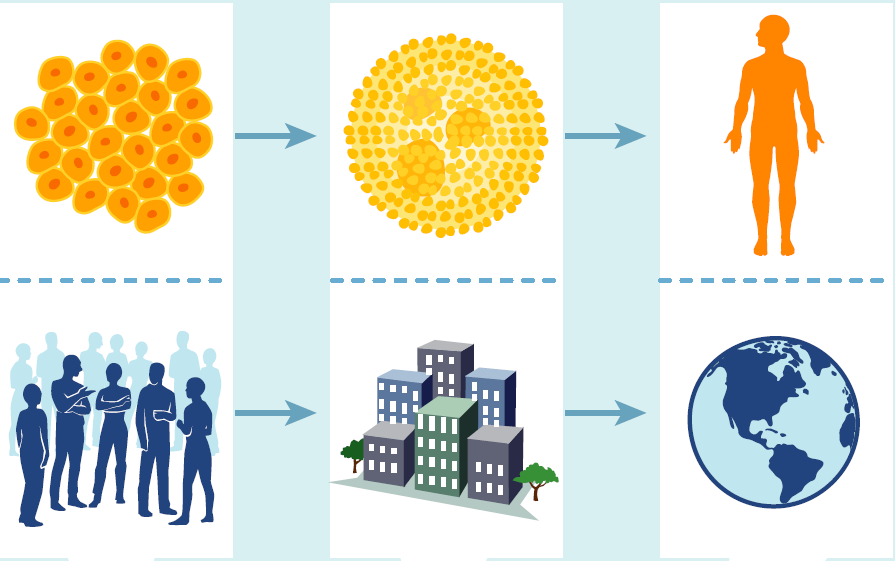
Life in groups and conflict resolution
A reading text about the challenges of life in groups and how groups across biology have found ways to solve these challenges.
This model lets us explore how the appearance of certain social behaviors can affect evolutionary population dynamics.
This model simulates the use of a renewable resource by agents and the evolution of the resource user population in the world. In the population, there are two traits with two variations each – Harvest behavior (sustainable, greedy) and the ability (or not) to perceive and punish other agents. Punishing agents have the ability to perceive other agents in their environment to a certain extent and to respond to their behavior. There are three possible types of reactions: they can kill agents with greedy harvest behavior, they withhold the ability of the agent to harvest any resources in the next iteration, or they make agents pay a penalty that is then distributed to its neighbors. Agents must pay costs (energy) both for perception and for the punishment, so this behavior is altruistic. Punishing agents have the ability to coordinate the punishment with a minimum number of punishers in order to share the cost of punishment.
Through this social behavior in the population greedy harvest behavior can become less advantageous or even disadvantageous and sustainable harvest behavior may spread in the population. In general, research shows that monitoring of behaviors and correcting feedback (such as through sanctions) are important mechanisms that allow groups to cooperate and sustainably manage common-pool resources, in human groups as well as in many other species.
The lesson plan contains a variety of activities using the model. You can skip certain phases depending on learning goals, student prior knowledge and interests, and available time.
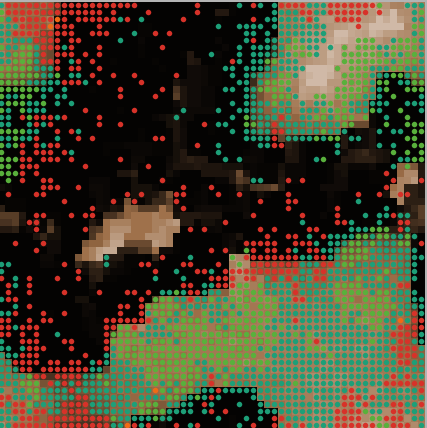

A reading text about the challenges of life in groups and how groups across biology have found ways to solve these challenges.
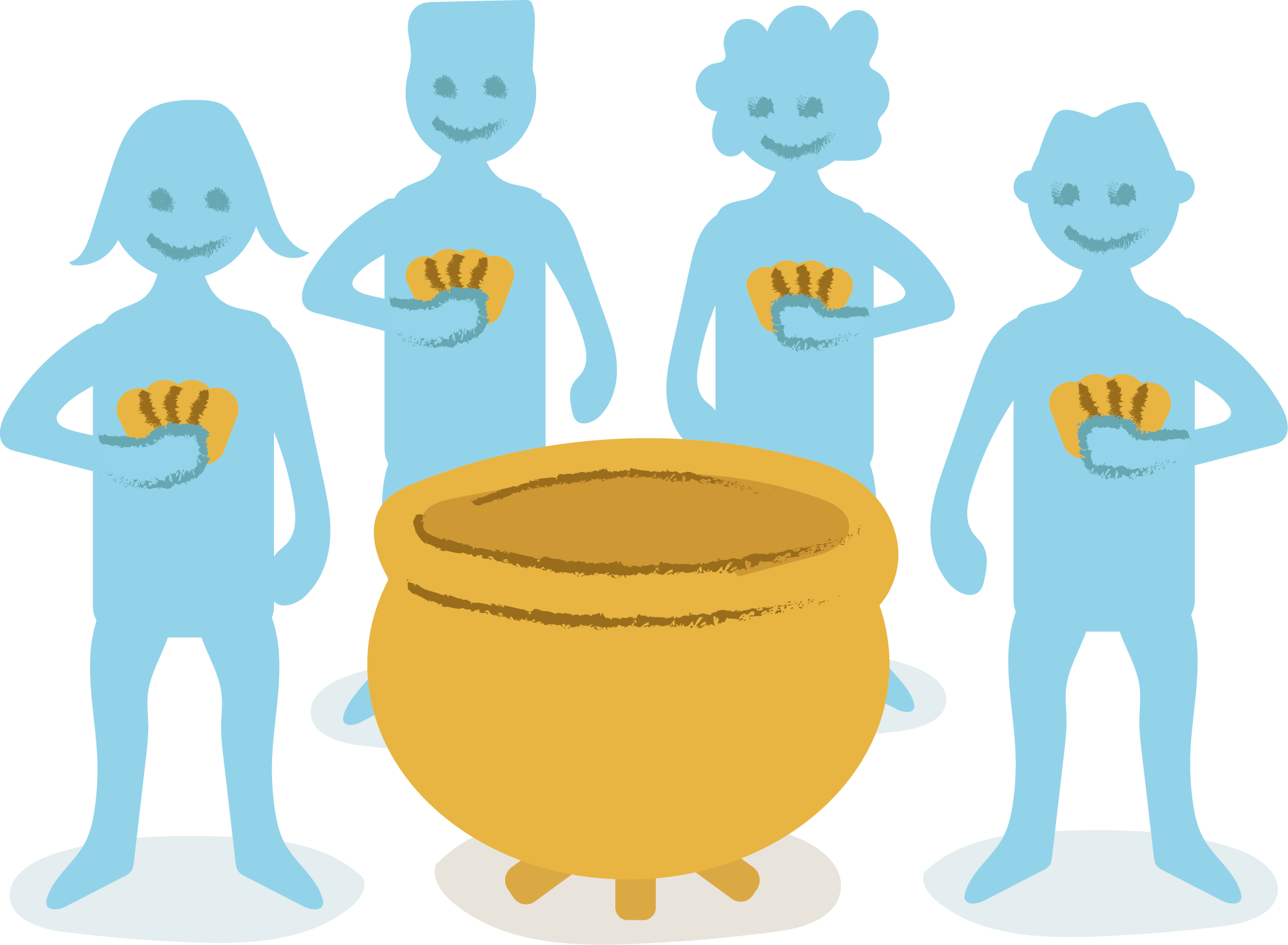
With these teaching materials, students can be introduced to game theory in general, as well as a concrete method, the public goods game. The conditions and rules of the public goods game reflect the challenge of a group to maintain common resources.
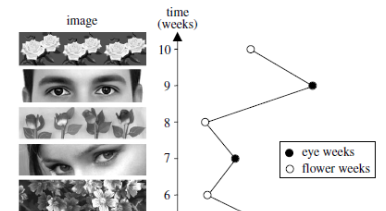
A behavioral experiment that tells us about the role of unconscious perception, particularly the perception of human eyes, on human social behavior.
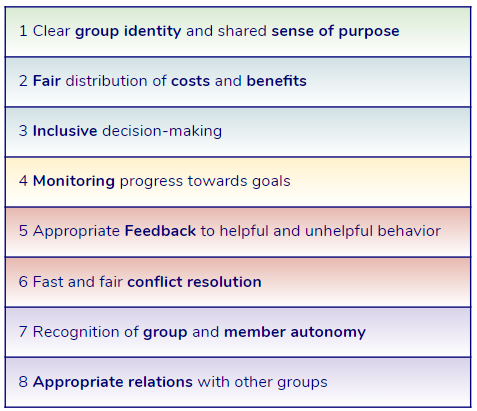
Students explore the principles that allow groups to work together and achieve common goals, applying them to the groups that they are a part of or care about.
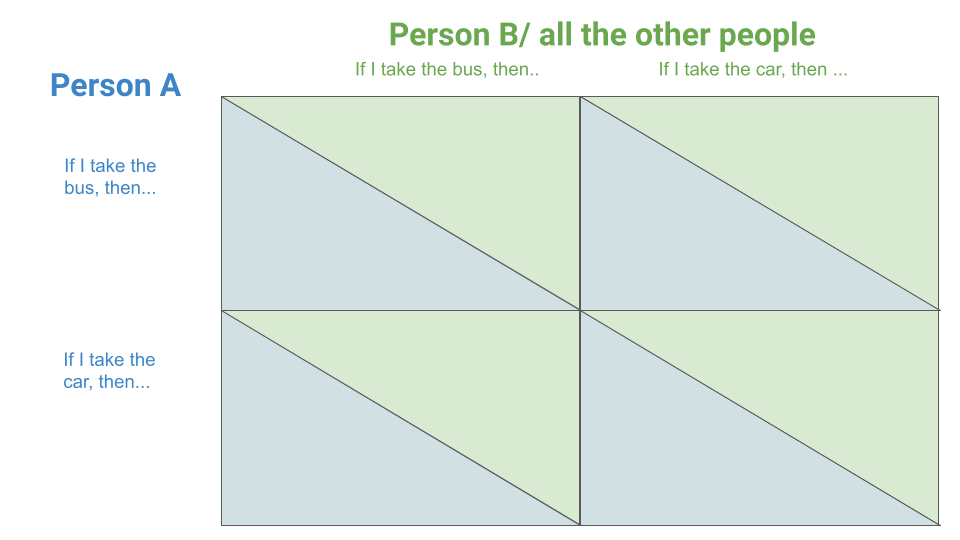
Students reflect on the causes and consequences of human behaviors in situations of social interactions, and are introduced to the payoff matrix as a helpful tool to represent motivations and outcomes of behaviors.
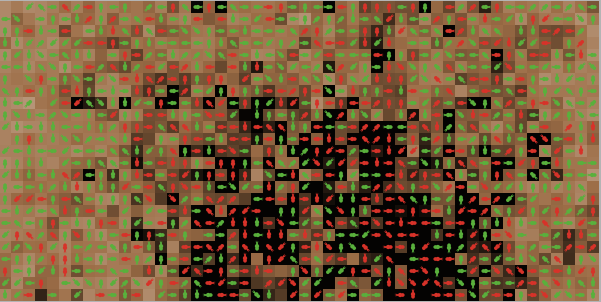
This NetLogo model lets students explore how competition for resources can affect the evolution of a population and can result in resource overuse. This model is similar to the Evolution and competition for forest resources model, but more abstract.
OpenEvo is an educational innovation project from the Department of Comparative Cultural Psychology at the Max Planck Institute for Evolutionary Anthropology.
Evolve the future of education with us!